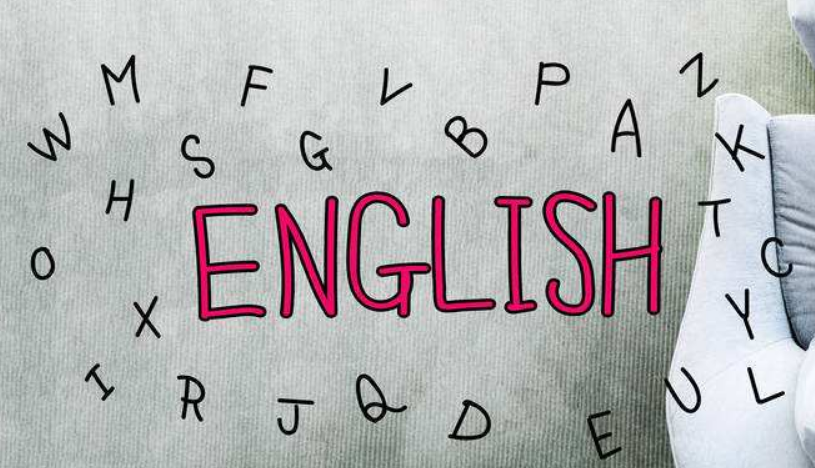在英语学习中,掌握词汇的正确发音是非常重要的。特别是当涉及到专业领域或者特定行业的术语时,了解其准确的发音可以极大地帮助非母语者更好地理解文本或进行交流。例如,"ticket"这个单词在多种语境下都有出现,包括旅行、交通、活动等。

To properly pronounce the word "ticket", one must first understand its meaning. A ticket is a piece of paper or a digital representation that grants access to an event, show, or service in exchange for money or other form of payment. In the context of traveling, a plane ticket is the document you need to board the plane and fly to your destination. Similarly, a bus ticket allows you to travel by bus to a specified location.
When it comes to pronunciation, "ticket" is typically pronounced as "tɪˈskɛt" in American English. The first syllable "t" is pronounced with a short sound, and the following vowel sound "iː" (instead of the long "i" sound) is followed by "skɛt" which is pronounced as if you were saying "see-tek" but with a slight dip in the middle. This dip is often referred to as the "trill" effect, which gives the word its distinctive rhythm.
In British English, the pronunciation can be slightly different due to dialectical variations. However, both versions emphasize the same key elements of pronunciation: the initial "t" sounds like a short "t" and the vowel sound "iː" is pronounced similarly to how you would say "see-tek" but with a slight dip. It's important to note that while "tɪˈskɛt" and "tʃɪˈskɛt" might sound similar in some contexts, they are pronounced differently depending on the dialect.
Another common use for "ticket" is in the context of a movie or theater experience. In this context, "ticket" can also be pronounced as "ˈtiːkɪt" with the first syllable "t" pronounced as a short "t", followed by a long vowel sound, and then "kɪt" which has a similar pronunciation to "tkɪt." This pronunciation is more commonly found in spoken language and informal settings.
In addition to these general guidelines for pronunciation, it's important to note that there may be regional variations within English-speaking countries, and certain accents or dialects may have unique nuances to the word. Therefore, listening to native speakers and practicing consistently can greatly improve pronunciation accuracy.
Pronouncing "ticket" accurately can significantly impact how well you communicate with others in various settings. By mastering the correct pronunciation of this term, you can ensure clear understanding and avoid confusion among your peers. Whether you are traveling, attending a theater performance, or simply sharing information about events, knowing how to correctly say "ticket" will help you engage effectively with others in any context. So, next time you encounter someone asking for a ticket or explaining a program with the word "ticket," don’t hesitate—be sure you're speaking English with confidence!
总述:本文旨在深入探讨英语单词“ticket”的读音问题。通过详细阐述该词在多个场景下的应用以及如何准确发音,文章旨在帮助读者更好地理解和使用这个词。无论是在学术还是日常交流中,正确的发音都能显著提升沟通效率,减少误解。因此,掌握“ticket”的标准发音对于提高英语语言能力至关重要。
分论点一:旅行与机票
Pronunciation of "ticket" in travel context involves understanding the importance of proper enunciation. When referring to a plane ticket, it's crucial to articulate the word correctly as "tɪˈskɛt," with the initial "t" pronounced as a short sound and the vowel "iː" pronounced similarly to "see-tek," yet with a slight dip at the end. This dip, known as the trill effect, helps create a distinct rhythm in spoken English. For example, when asking for directions to a nearby airport, saying "I need a tɪˈskɛt," you'll not only convey that you need a plane ticket but also make your request clearer and more engaging to the person providing the directions.
分论点二:公共交通
Speaking of public transportation, pronouncing "ticket" as "ˈtiːkɪt" can be particularly useful during discussions about fare structures or ticket purchasing strategies. In British English, where the pronunciation can vary slightly compared to American English, understanding how to articulate "tkɪt" can be beneficial for those who frequently navigate public transportation systems in their home country. For instance, discussing the cost of a bus or train ticket might require careful attention to detail regarding pronunciation, as incorrect pronunciation could lead to misunderstandings or incorrect assumptions about the price.
分论点三:电影院与活动票务
When using "ticket" in reference to movie tickets or event passes, it's essential to remember that the word should be pronounced "ˈtiskeɪt." This is because the word is derived from the Middle English root "tīcēnt," which means "to give permission" or "to issue." Therefore, the emphasis is on giving permission or authorizing access to something, rather than merely buying a ticket. For example, if someone asks for a movie ticket, they might respond with "I need a tiskeɪt for tonight's screening," indicating they are seeking a ticket to attend a particular movie event.
分论点四:文化与地域差异
It's worth noting that pronunciations can vary across different regions within England, Scotland, Wales, and Northern Ireland, each having their own dialectal variations. For instance, in some parts of England, the final vowel of "tkɪt" may be slightly longer or even dropped altogether, resulting in a different sound altogether. Additionally, some individuals may have regional accents that further complicate the process of pronouncing "ticket." Thus, being sensitive to cultural norms and local dialects can help ensure that your communication remains effective and accurate.
总结:通过本文的阐述,我们深入了解了英语单词“ticket”在不同场合下的正确读音。从旅行中的机票到公共交通的票价讨论,再到电影票务和活动票务的具体应用,每一步都强调了准确发音的重要性。同时,我们也意识到文化与地域差异对正确发音的影响,提醒我们在跨文化交流时要注重发音准确性。掌握“ticket”的正确发音不仅能够帮助我们更有效地沟通信息,还能够增强我们的英语口语表达能力。让我们共同努力,用准确而优雅的声音来交流吧!
未经允许不得转载:» ticket用英语怎么读("Ticket" in English is pronounced as "ticket".)

 家长点评网
家长点评网











